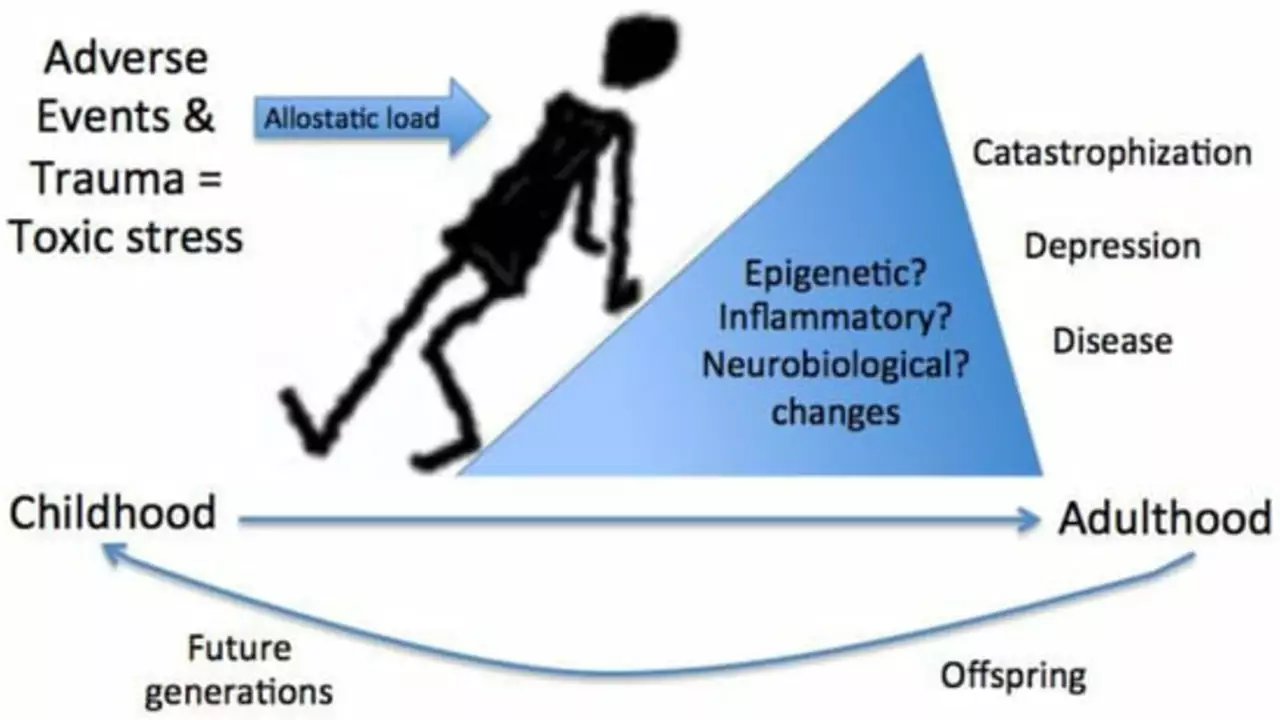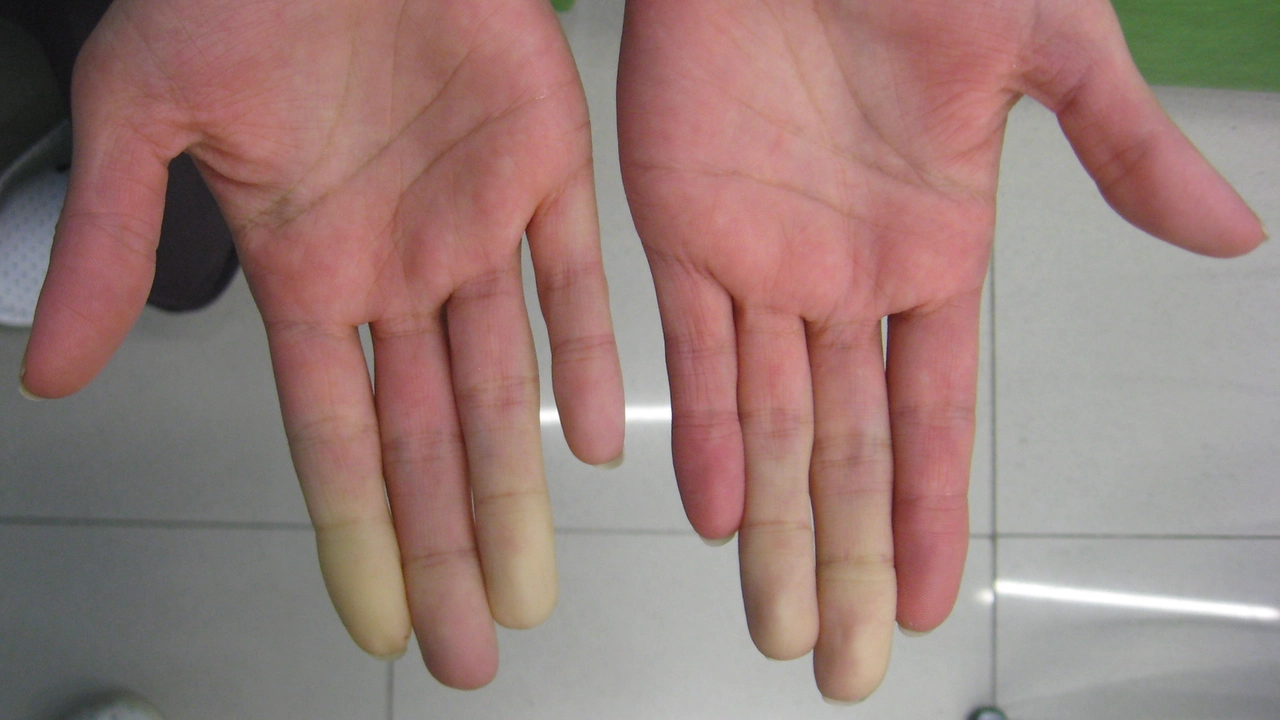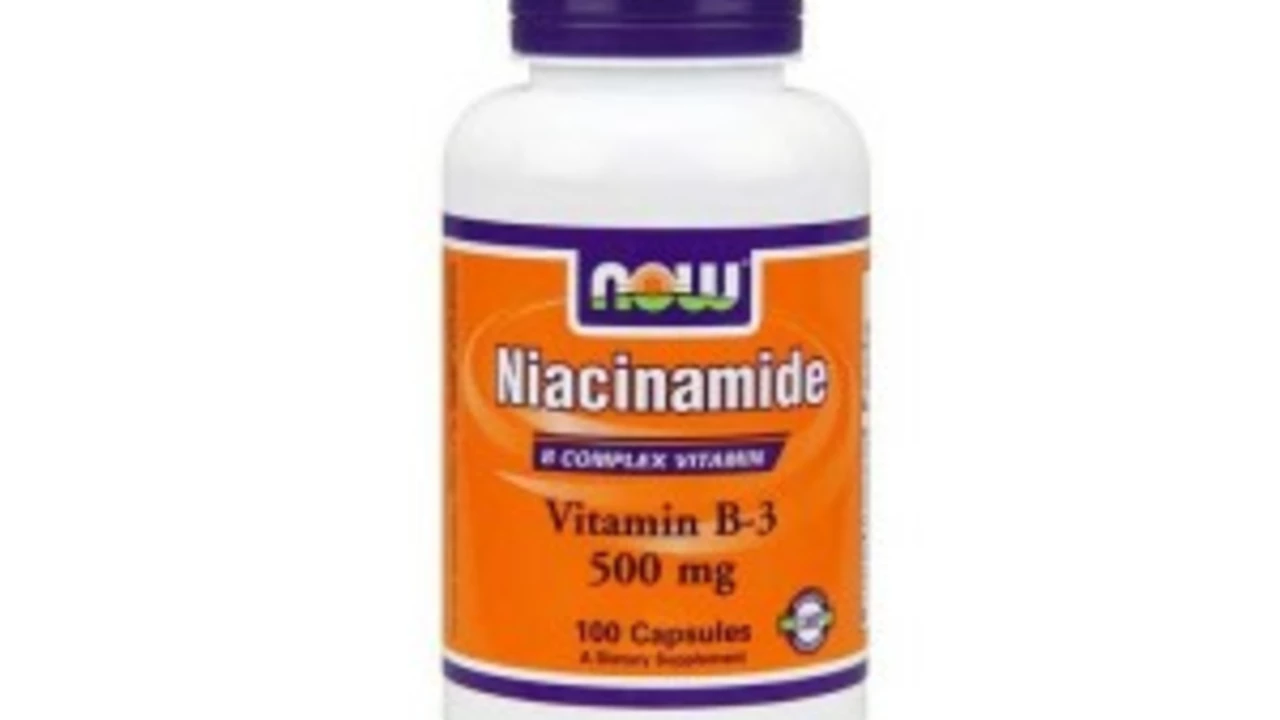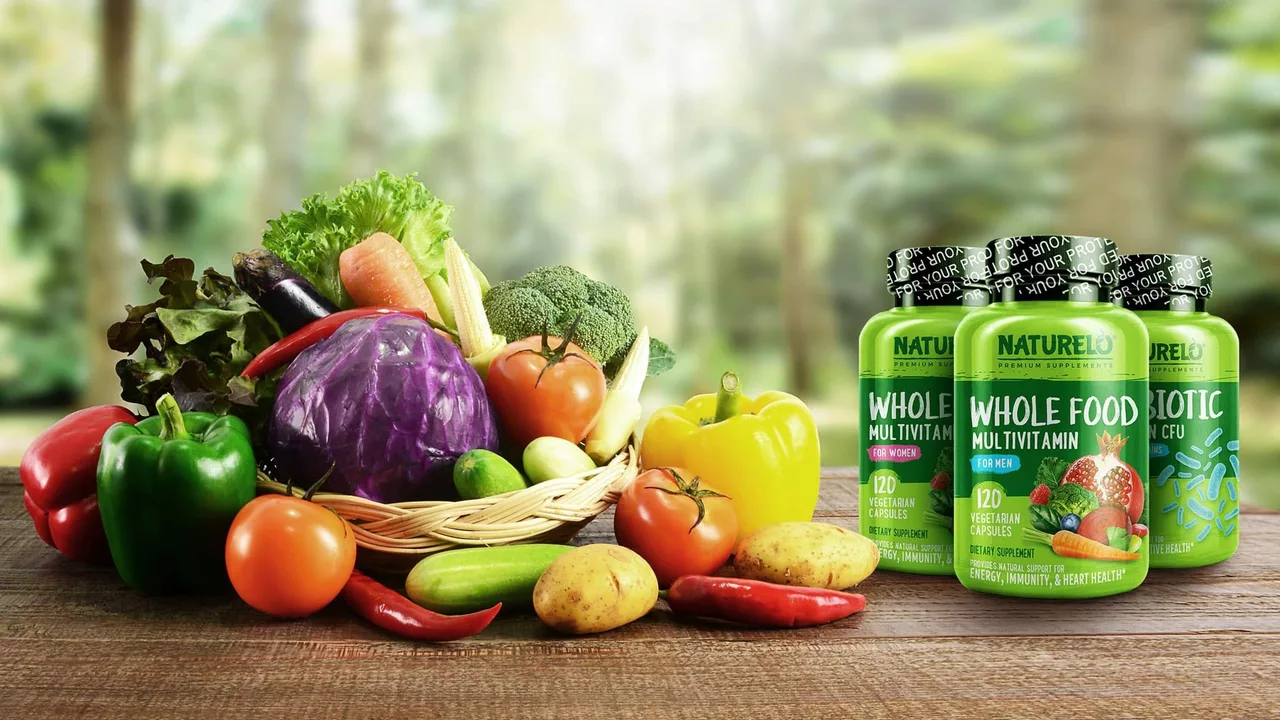July 2023 Archive — Practical Guides on Supplements, Conditions, and Patient Care
July 2023 brought a mix of short guides and deeper reads focused on supplements, chronic conditions, and real life patient issues. The posts aim to give clear takeaways you can use without medical jargon or fluff.
I kept each article short, practical, and full of action steps so you can try things safely or bring smart questions to your provider.
Supplements and food-based options got a lot of attention this month.
One post flipped a simple snack into a new idea: hazelnuts as a tiny, nutrient-dense ingredient that can support heart health, brain function, and energy with easy serving tips. It lists which nutrients matter, quick recipes, and how manufacturers use hazelnut extracts in supplements.
Another popular post reviewed glucomannan, a soluble fiber from elephant yam that helps with appetite control, blood sugar support, and gut health when used correctly. You get tips on timing, safe doses, mixing, and what side effects or drug interactions to watch.
Herbs and plant remedies were practical, not mystical.
White Soapwort was presented as an easy addition you can try as tea or capsules, with clear notes on typical benefits and when to stop.
Together, these pieces give honest, usable advice on adding plant-based options to daily care. They show what works best as a short-term aid versus what needs longer use and medical oversight.
Mental health and long term conditions also got focused coverage.
One thoughtful article mapped how childhood trauma can lead to depression in adulthood, pointing out patterns, common signs, and steps like therapy options, peer support, and practical coping skills. It recommends asking specific questions in therapy and lists quick grounding techniques you can use during a bad day.
Autoimmune readers got a clear piece on lupus and Raynaud's, explaining how cold or stress triggers color changes, numbness, and circulation issues. That article includes simple self-care steps like keeping warm, tracking triggers, and talking meds with your rheumatologist.
Menopause met Ayurveda in a short guide that breaks down Dosha ideas into food swaps, calming routines, and hands-on practices you can test for a few weeks.
The month ended with a tough but needed read on organ rejection and quality of life for patients and families. That post mixes medical facts about rejection signs and follow up care with real advice on emotional support, finances, and where families can find help.
Across all posts the focus stays practical: what to try, what to avoid, and when to ask a clinician. If you want a starting point, pick the article that matches your current worry — a supplement to test, a symptom to track, or a care step to share with a loved one.
Each post includes sources or next steps so you can learn more without getting overwhelmed. Come back anytime this month for quick reads and practical tips you can use right away.
Want details on dosing, interactions, or when to seek urgent care? Click any article to read full guidance, or use the search to find topics like hazelnut, glucomannan, menopause, lupus, or organ transplant support and get clear, practical steps tailored to your situation. Start with one small change.
- 8 Comments
Well, who'd have thought the humble hazelnut could cause such a stir? I mean, it's not like it's a superhero or anything. Or is it? In a delicious plot twist, this teeny-weeny nut is revolutionizing the dietary supplement world, and honestly, I'm going nuts over it! From boosting heart health to improving cognitive function, this little powerhouse is proving that size doesn't matter when it comes to nutritional impact. So, next time you snack on hazelnuts, remember, you're not just satisfying your cravings, you're joining the hazelnut revolution!

- 11 Comments
In my recent exploration, I've delved into the profound connection between childhood trauma and depression in adulthood. It seems that traumatic experiences during formative years can significantly increase the likelihood of depressive disorders later in life. Emotional, physical, or sexual abuse, as well as neglect, can leave deep psychological scars that may manifest as depression in adulthood. Additionally, the coping mechanisms children develop to survive such trauma can lead to mental health issues. This further emphasizes the critical importance of early intervention and support for children who have experienced trauma.

- 13 Comments
In my latest blog, I explored the connection between menopause and Ayurveda, specifically how balancing your Doshas can help manage menopausal symptoms. Ayurveda views menopause as a natural transition where the Doshas - Vata, Pitta, and Kapha - can become unbalanced. By understanding which Dosha is dominant during menopause, we can use Ayurvedic principles to restore balance and alleviate discomfort. I delved into various Ayurvedic therapies, dietary changes, and lifestyle adjustments that can help during this transition period. It's a fascinating topic and one that offers a holistic approach to navigating menopause.

- 16 Comments
In exploring the link between Lupus and Raynaud's Phenomenon, I've found that these two conditions often occur together. Lupus, an autoimmune disease, can lead to Raynaud's, a condition causing some areas of your body to feel numb in response to cold temperatures or stress. While not all Lupus sufferers will experience Raynaud's, the presence of both can complicate treatment and management. It's essential to understand these connections and how they might affect those living with these conditions. Remember, being informed can help you navigate your health journey more effectively.

- 9 Comments
Glucomannan is the new dietary supplement that's shaking up the health world. It's a natural, water-soluble dietary fiber extracted from the roots of the elephant yam, boasting impressive benefits for weight loss and overall health. It is known to promote feelings of fullness, reduce cholesterol levels, and aid in blood sugar control. Unlike other dietary supplements, glucomannan doesn't just help with weight loss, but also supports overall gut health. This new powerhouse in the health world is definitely worth a try.

- 9 Comments
In my latest blog post, I discussed the numerous benefits of White Soapwort, a plant that's worth considering for your daily dietary supplement regimen. I found that it's rich in beneficial compounds that can boost your health in various ways. From enhancing your immune system to aiding digestion, this plant proves to be a perfect health companion. Plus, it's easy to incorporate into your diet, either as a tea or a supplement. Don't miss out on the chance to elevate your health with White Soapwort.

- 8 Comments
Organ rejection can greatly affect a patient's quality of life and also deeply impact their families. It's a challenging journey, often filled with physical discomfort and emotional distress. There's the constant fear of compatibility issues and the potential need for additional surgeries. For the families, it's a constant worry about the health of their loved ones, coupled with financial stress and the emotional strain of seeing them suffer. This issue calls for more research and awareness to improve organ transplant success rates and offer better support to patients and families.
